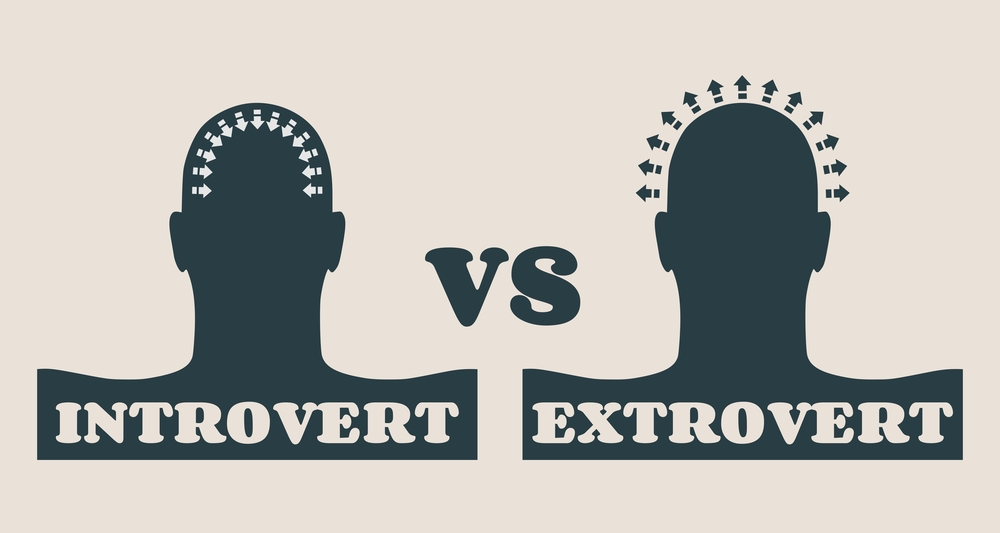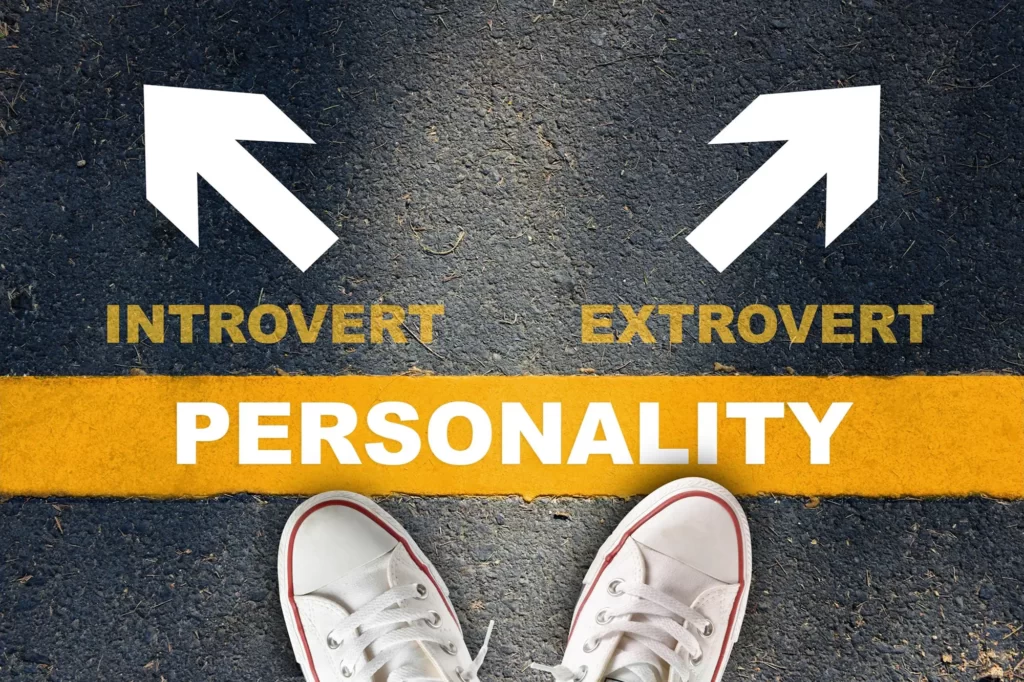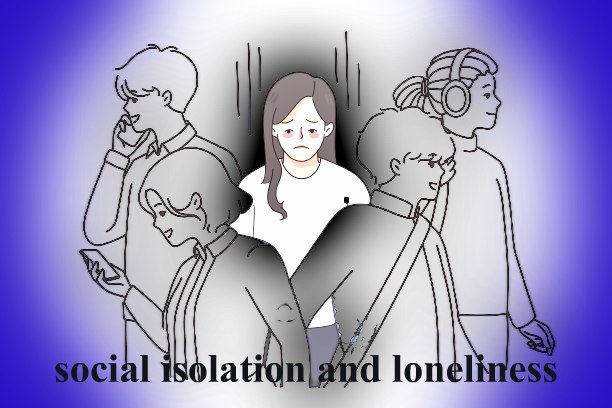Introvert vs. Extrovert: Understanding the Spectrum of Personalities

The world of personality traits is diverse and complex, with a wide range of variations in how individuals interact, recharge, and navigate their daily lives. Two of the most well-known personality types are introverts and extroverts. While these labels are frequently used, they don’t represent rigid categories but rather points on a spectrum of human behavior. In this blog, we’ll delve into the characteristics, strengths, and misconceptions surrounding introverts and extroverts, helping you gain a deeper understanding of these personality types.
Introverts: Embracing Inner Worlds
What is an Introvert?
Introverts are individuals who tend to feel more energized and comfortable in quieter, less stimulating environments. They often prefer spending time alone or with a close-knit group of friends rather than in large, social gatherings. Introverts typically engage in deep self-reflection and thrive in one-on-one conversations.
I’m an introvert somewhat. There could be a room full of people, I’ll go stand in the corner
Kevin Gates
Strengths of Introverts
Deep Thinkers: Introverts are often introspective and contemplative, making them excellent at problem-solving and brainstorming.
Empathetic Listeners: They excel at listening and understanding the needs of others, which can make them great friends and counselors.
Creativity: Many introverts have a rich inner world, fostering creativity and originality.
Detail-Oriented: They pay attention to details that others might overlook, which can be an asset in various professions.
Common Misconceptions
Introverts are shy: While some introverts may be shy, it’s not a defining characteristic. Introverts simply prefer smaller, more intimate social interactions.
Introverts dislike people: Introverts can have deep and meaningful relationships, but they might need more alone time to recharge.

Extroverts: Embracing the Outer World
What is an Extrovert?
What is an Extrovert?
Extroverts, on the other hand, thrive in social settings and enjoy being around people. They often find their energy and inspiration through interactions with others and can adapt easily to new environments and social situations.
I’m a real extrovert, but when I’m round someone new, I’m super shy.
Serena Williams
Strengths of Extroverts
Natural Networkers: Extroverts are skilled at building relationships, which can be advantageous in both personal and professional settings.
Quick Decision-Makers: They tend to be more spontaneous and comfortable making decisions on the spot.
Team Players: Extroverts often excel in team settings and are great collaborators.
Energized by Social Interaction: They gain energy from being around people and are usually enthusiastic in social situations.
Common Misconceptions
Extroverts are loud and attention-seeking: While some extroverts may be more outgoing, many are not necessarily loud or attention-seeking.
Extroverts can’t be introspective: Extroverts can have deep thoughts and engage in self-reflection, even if they do so in a more social context.
The Ambivert: Straddling the Line
It’s essential to note that not everyone fits neatly into the introvert or extrovert category. Many people fall somewhere in between and are known as ambiverts. Ambiverts can adapt to various social situations and find a balance between solitude and social interaction.
Conclusion
Understanding the differences between introverts and extroverts is a valuable tool for improving communication, relationships, and self-awareness. It’s important to remember that neither personality type is better than the other; they simply have different strengths and preferences. Embracing and respecting these differences can lead to more harmonious and productive interactions in both personal and professional settings. Ultimately, we are all unique individuals with our own blend of introverted and extroverted traits, and that diversity is something to celebrate.







